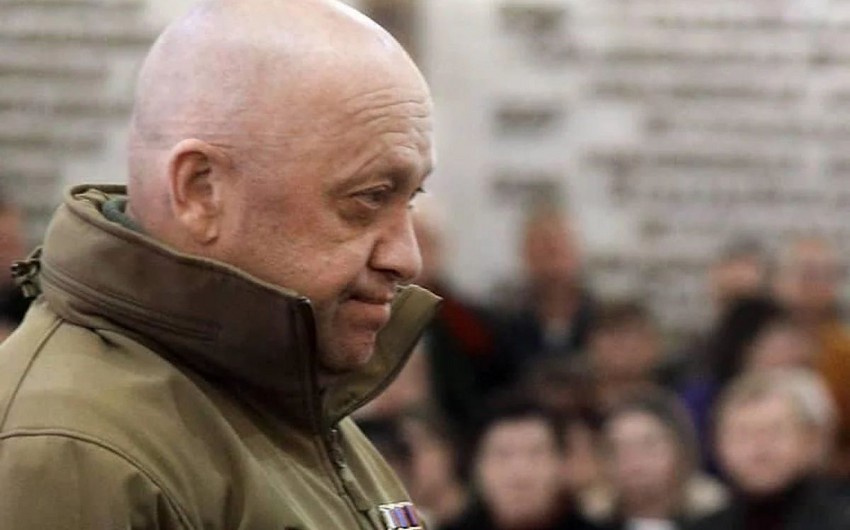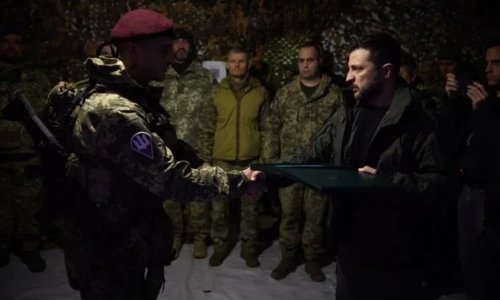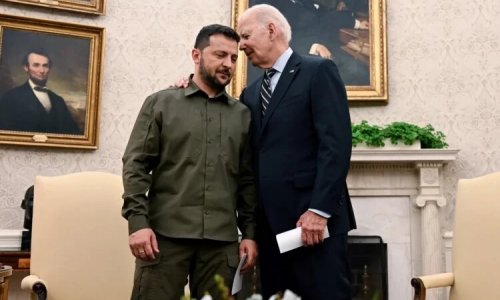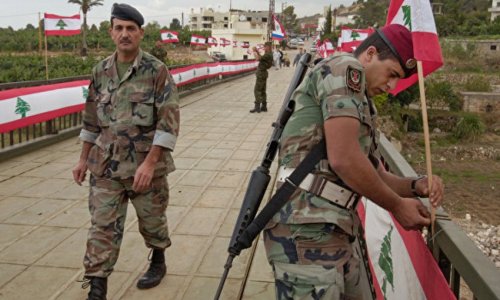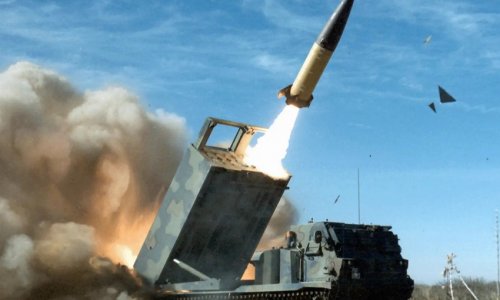ISW noted that Prigozhin likely viewed the MoD’s July 1 deadline to formalize control over all irregular formations, including Wagner, as an existential threat to his political (and possibly personal) survival. He likely therefore elected to risk using his forces in a bid to change the MoD’s leadership rather than lose Wagner Group entirely, and as ISW assessed on June 23, his only real hope for lasting success was to secure MoD defections, and he did not do so. Prigozhin almost certainly planned this effort in advance due to the observed coordination and speed of Wagner movements, but ISW cannot confirm this hypothesis from an open source.
Prigozhin’s rebellion further eroded his existing support base in the ultranationalist community, Russian government, and within elements of Wagner Group itself. Prigozhin’s armed rebellion likely further eroded existing support for Wagner by forcing Wagner-affiliated regional authorities and recruitment organizations to denounce Prigozhin‘s effort.
Prigozhin also likely angered many Wagner personnel and Wagner-sympathetic ultranationalists by not following through with his attempted march on Moscow.
www.anews.az
Follow us !

